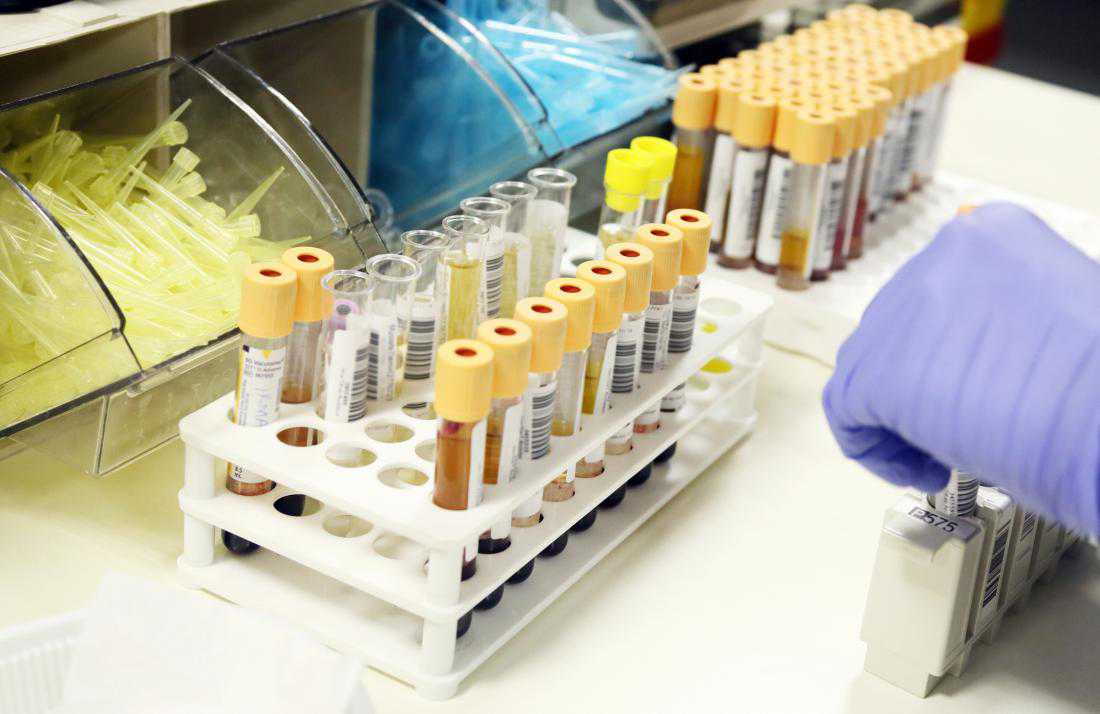Urine test can help diagnose aggressive prostate cancer
08 July, 2019

Recent research has revealed that a new urine test can detect aggressive prostate cancer cases that need treatment up to 5 years sooner than other diagnostic methods.
Researchers from the University of East Anglia (UEA) in Norwich, United Kingdom, and the Norfolk and Norwich University Hospital (NNUH) carried out the study.
They revealed that an experimental urine test, called Prostate Urine Risk (PUR), can find cancers that will require treatment within the first 5 years of diagnosis.
The findings now appear in the journal BJU International.
The team included Prof. Colin Cooper, Dr. Daniel Brewer, and Dr. Jeremy Clark, from UEA's Norwich Medical School. Rob Mills, Marcel Hanna, and Prof. Richard Ball, of the NNUH, provided support.
Looking at biomarkers
To develop this unique test, the researchers looked at gene expression in the urine samples of 535 men and determined the cell-free expression of 167 different genes.
They then established a combination of 35 different genes that the scientists considered risk signatures, or biomarkers, that the PUR test could look for.
This test is unique in that it can sort people into different risk groups, thereby demonstrating the aggressiveness of the cancer.
"This research shows that our urine test could be used to not only diagnose prostate cancer without the need for an invasive needle biopsy but to identify a [person's] level of risk," says Dr. Clark.
"This means that we could predict whether or not prostate cancer patients already on active surveillance would require treatment. The really exciting thing is that the test predicted disease progression up to 5 years before it was detected by standard clinical methods."
"Furthermore," he adds, "the test was able to identify men that were up to eight times less likely to need treatment within 5 years of diagnosis."
Prostate cancer is common but slow-growing
According to the American Cancer Society (ACS), around 1 in 9 men will receive a diagnosis of prostate cancer during their lifetime. In 2019, the ACS estimate that there will be around 174,000 new cases of prostate cancer and over 31,000 deaths from the condition.
That said, most cases of prostate cancer do not result in death. In fact, the 5-year survival rate for localized and regional prostate cancer is nearly 100%, and even when combined with those who have distant-stage prostate cancer, the overall survival rate is still 98%.
Not counting skin cancer, prostate cancer is the most common cancer among men. Thanks to early detection techniques, doctors can diagnose and treat many cases early. Because it is a slow growing cancer, tests usually find before it before it has the chance to spread.
TAG(s):
